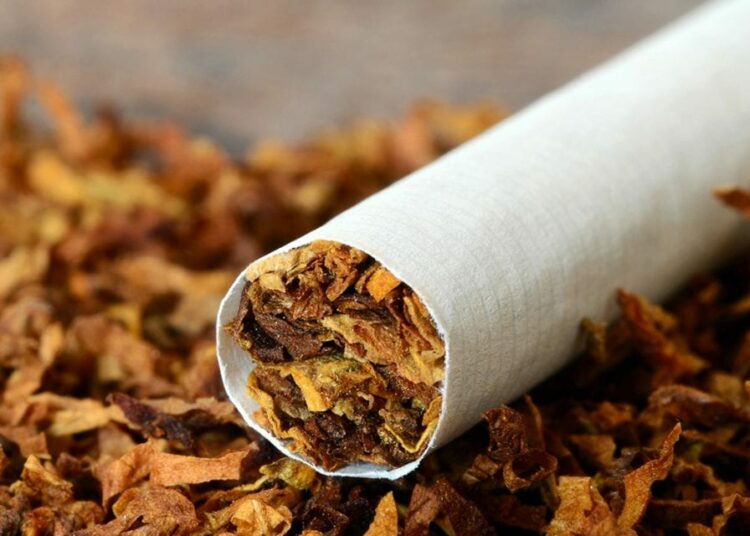The Corporate Accountability and Public Participation Africa (CAPPA) has urged the federal government to increase the excise tax on tobacco products to 100 percent, warning that failure to act swiftly will continue to cost Nigeria thousands of lives and over ₦526 billion annually in healthcare costs and productivity losses.
In a statement by CAPPA Media and Communication Officer,
Robert Egbe, on Thursday, CAPPA said the tobacco industry is aggressively marketing both traditional cigarettes and new smokeless alternatives such as vapes and e-cigarettes to Nigerians, especially targeting young people.
Executive Director of CAPPA. Akinbode Oluwafemi, said „The industry is grooming the next generation of addicts. They must be stopped. Raising taxes is a proven way to discourage use and reduce health costs.”
Citing data from the Nigerian Tobacco Control Data Initiative, CAPPA noted that over 90 per cent of tobacco production occurs in developing countries like Nigeria, which bear the environmental and health burdens while wealthier nations profit.
Over 20 billion sticks of cigarettes were consumed in Nigeria annually as of 2018, and about 30,000 deaths occur each year from tobacco-related diseases. In 2019 alone, the country reportedly spent ₦526.4 billion treating such illnesses.
CAPPA criticised Nigeria’s current tobacco tax regime as weak and outdated, explaining that it includes a 30 per cent ad valorem tax, a ₦84 specific excise tax per cigarette pack (since June 2022), and a shisha tax of ₦3,000 per litre or ₦1,000 per kg. Although a proposal was made in 2023 to raise the tax to 50 percent, it remains unimplemented.
The group called on Nigeria to emulate African countries like Senegal, Kenya, and South Africa that have recently taken bold steps to tighten tobacco regulations. Senegal last week raised its tobacco tax to 100 percent, while Kenya banned imports of tobacco and nicotine products such as vapes. South Africa has proposed stricter laws against public smoking and vaping.
CAPPA also urged the government to earmark part of the revenue from tobacco taxes for health promotion and non-communicable disease (NCD) prevention and to fully implement the National Tobacco Control Act.
“The burden of tobacco-related disease is not just medical, it weakens our economy, increases poverty, and drains resources that should go into national development,” Oluwafemi said.











